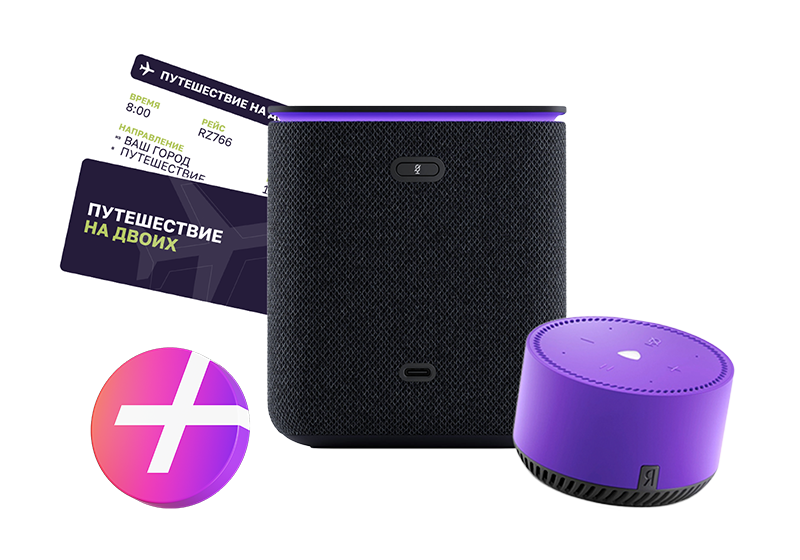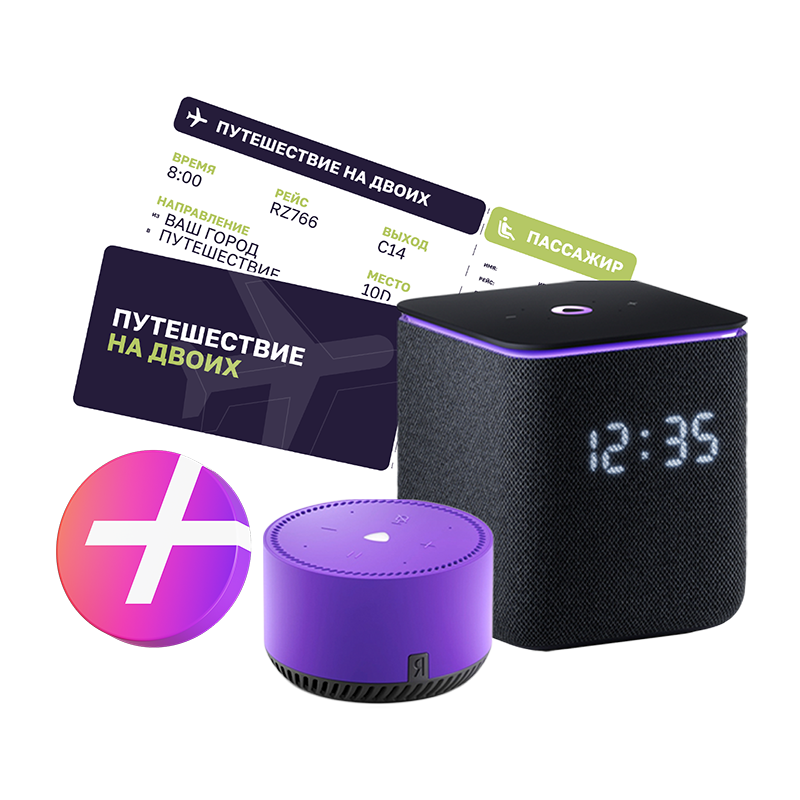Caffeine in tea: fact or fiction

What is caffeine?
Caffeine is an alkaloid, a "stimulating" substance that is found in plants and has the form of crystals and a bitter taste. Plants synthesize this substance to protect their leaves and stems from insects.
Caffeine acts as a stimulant for the nervous system. That's why after drinking coffee, you feel a surge of energy and a desire to act right now.
Does tea contain caffeine?
The caffeine content in tea depends on many conditions:
● Processing method. Minimally processed tea contains the highest concentration of caffeine. For example, green bud tea, the processing of which is mainly based on drying.
● The region and place where the tea was grown. For example, if tea grows in a lowland where the soil is depleted, it will contain less caffeine. High-mountain tea, grown in an ideal, ecologically clean place, where the harvest is collected no more than twice a year, will contain more beneficial substances, including caffeine.
● The level of caffeine in your cup of tea depends even on how you are used to brewing it. If you want to get a boost of energy in the middle of the workday, then brew Curtis Elegant Earl Grey black tea a little longer than usual, about 6-7 minutes.
● Young green and white teas, as well as pu-erh made from high-quality raw materials, have a greater invigorating effect.
It can be said that each cup of tea is individual: each one has a unique composition and concentration of caffeine. And in the same way, each type of tea has a different effect on our body and mood.
What contains more caffeine: coffee or tea?
200 ml of green tea will contain from 25 to 50 mg of caffeine, and a cup of black tea of the same volume will contain up to 60 mg. At the same time, 200 ml of coffee can contain up to 160 mg of caffeine. The difference is simply huge, and you don’t have to worry that the tea will become addictive.
Tea contains 2-5% caffeine of the total mass of dry tea leaves, while coffee contains 0.65-2.7%. But we need more ground beans to make one cup of coffee than we need tea leaves to make one cup of tea. Thus, coffee delivers a larger dose of caffeine into the bloodstream. It should be noted that coffee contains caffeine in its pure form, which guarantees an instant reaction of the body to the stimulant.
How does caffeine in tea work?
When our body receives caffeine, it starts producing adrenaline. That's why we get a little excited after drinking tea. The hormones testosterone and dopamine are also released, which gives us a good mood and a feeling of satisfaction. And adenosine is responsible for blocking fatigue.
Tea has a very rich biochemistry. Theine in tea is formed as a result of the breakdown of caffeine and tannin, so tea has a gentler effect on the body and you can drink it every day. Tannin also slows down the absorption of caffeine, which means you will feel full of energy long after drinking tea.
Caffeine relieves us from fatigue and gives us a "second wind": it stimulates the central nervous and cardiovascular systems. At the same time, tea can have the opposite effect on us — relaxation. This is possible due to the L-theanine content in green tea. Therefore, tea fits perfectly into a balanced diet, and coffee works only as a stimulant.
How to recharge your batteries for the whole day?
If you wake up in a bad mood, there is a proven way to switch to a positive wave. Our option is Curtis tea and a few minutes alone.
If you need a quick pick-me-up, brew Curtis Citrus Groove black tea. Not only caffeine, but also the aroma of juicy citrus fruits will get you out of bed! The second option is a cup of Delicate Mango green tea with pieces of pineapple and the aroma of tropical mango.
This time is just for you: have some tea with your favorite treat, imagine what your perfect day should be like. And make today just as perfect! The anticipation of wonderful events will invigorate you even more, and you will conquer all heights.
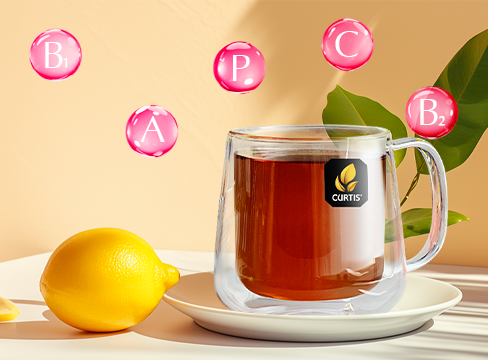 Everything you need to know about the benefits of tea
Everything you need to know about the benefits of tea
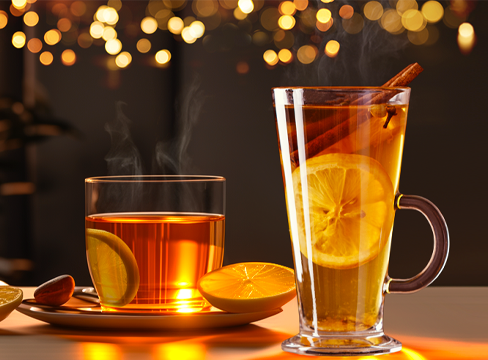 Warming cocktail recipes
Warming cocktail recipes
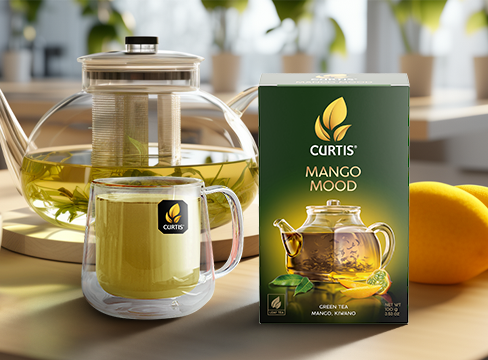 How to properly brew tea
How to properly brew tea



